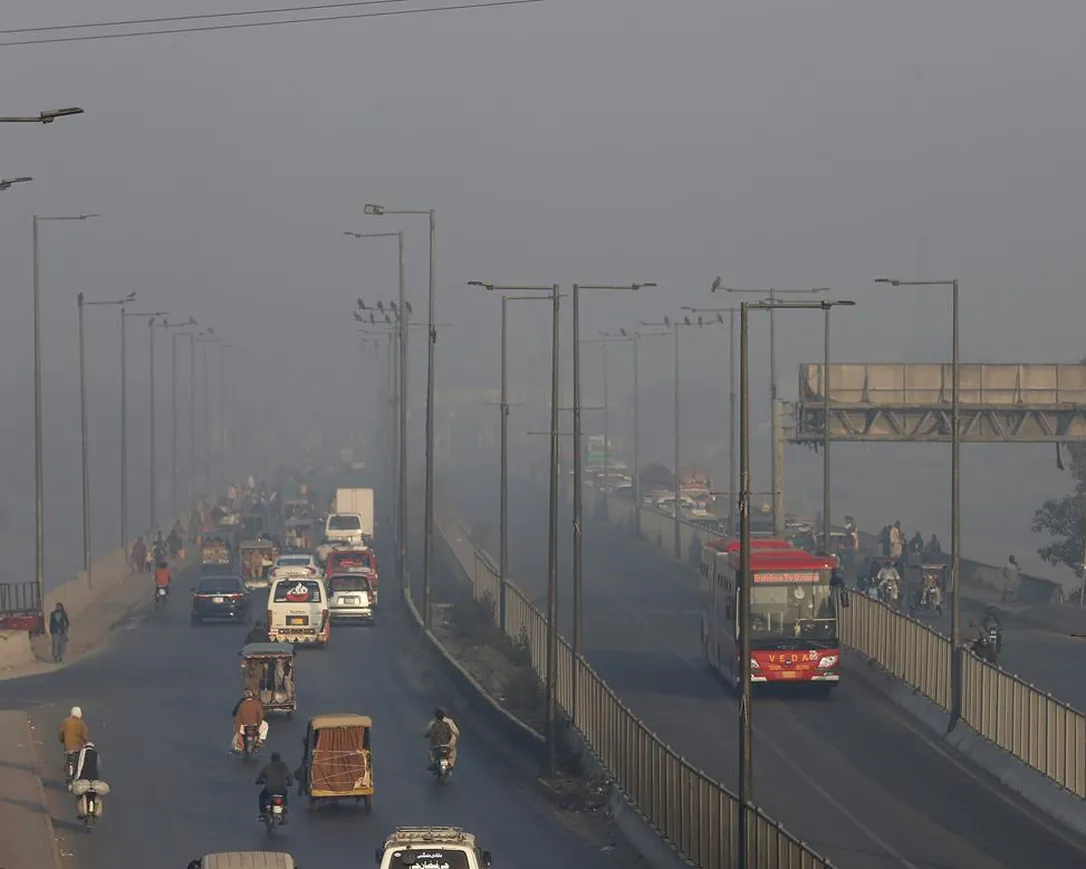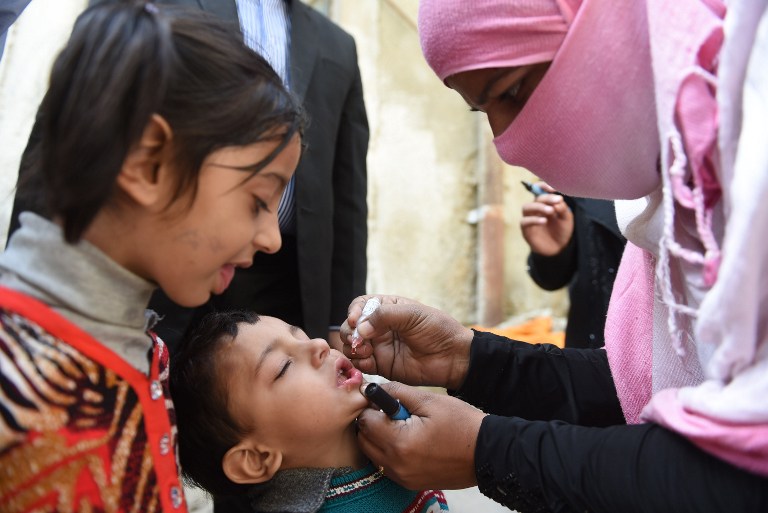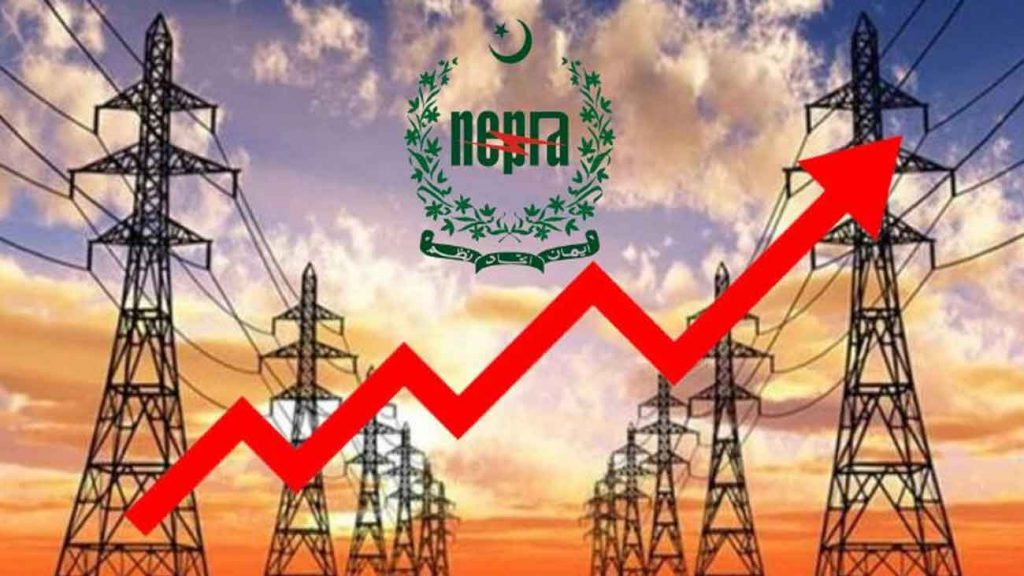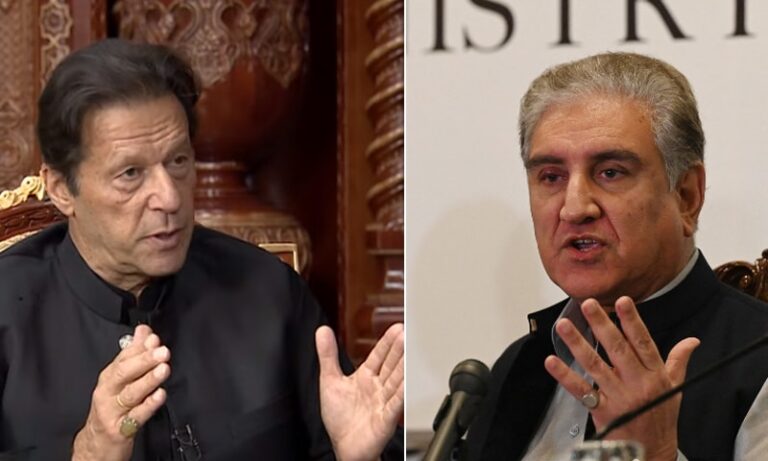EDITORIAL:
The well-being and future prospects of our young ones are on the brink of a perilous crisis. However, it seems like the gravity of this situation is not being given due consideration. Latest statistics and conversations with specialists and pediatricians reveal that Pakistani children are experiencing prolonged respiratory ailments due to escalating air pollution, with medical practitioners cautioning that there could be a surge in hypertension, heart ailments and even cancer cases among the younger populace. This alarming trend is a direct consequence of the absence of a comprehensive nationwide strategy to combat the deteriorating air quality levels, while we continue to resort to band-aid solutions.
Presently, Pakistan is ranked fourth in the world in terms of pollution levels, with nearly all of its 220 million citizens residing in regions where the annual average particulate pollution level exceeds the WHO recommended standards. The already compromised immunity of Pakistani kids, owing to nutritional inadequacies, is now exacerbated by the noxious environmental pollutants. The infections caused by the smog are proving to be fatal for our little ones.
The situation at hand demands immediate and effective action from our authorities. The passive stance on this issue has the potential to cause irreparable damage to the health of our youth and put their future prospects in jeopardy. The absence of a viable plan to curb air pollution and improve air quality must be addressed with a sense of urgency.
We need to act now to protect the health and well-being of our future generations. It is essential to implement a comprehensive air pollution control plan at the national level. This requires the involvement of all stakeholders, including policymakers, industry leaders, civil society organizations, and citizens.
The issue at hand is not isolated to Pakistan alone. Other nations such as the US and UK also confront viruses and infections that can compromise the health and well-being of their citizens. However, the rate of such infections in Pakistan is alarmingly high. A recent study conducted in Lahore, which randomly sampled school children from diverse social backgrounds, revealed that 20% of the participants had been diagnosed with asthma, but their families were oblivious to this fact. Health experts warn that the previous year witnessed a surge in children’s illnesses, making it one of the worst in terms of pediatric health.
With the onslaught of the Covid-19 pandemic, the situation has only worsened, especially for a population already grappling with weakened immune systems. It is imperative that a coordinated and comprehensive state response is initiated to tackle this crisis, failing which, things could spiral out of control.
The root cause of the problem is clear – the unabated rise in air pollution levels. The smog that engulfs our cities is a deadly concoction of vehicular emissions, industrial pollutants, and crop burning. This has resulted in a plethora of respiratory and other illnesses in the population, with children being the most vulnerable.
The absence of a coherent national strategy to combat this issue has only compounded the problem. The authorities continue to resort to stop-gap measures that have failed to provide a long-term solution. Pakistan’s status as the fourth most polluted country in the world is a stark reminder that we need to take immediate and drastic steps to curb this menace.
There is a dire need to prioritize the health and well-being of our children, who are the future of our nation. We cannot afford to turn a blind eye to their plight. A concerted effort is required to address the root cause of the problem and create a sustainable plan to improve air quality. This requires the participation and cooperation of all stakeholders, including the government, industry, civil society, and citizens.
The first step towards tackling this crisis is to acknowledge its gravity and urgency. We must take a proactive approach rather than a reactive one. Our authorities must take responsibility for providing a safe and healthy environment for the citizens, especially the children.
Policymakers need to formulate and implement robust regulations that limit the release of harmful pollutants into the air. This requires a collective effort by industries and factories to adopt sustainable practices that reduce emissions. Moreover, individuals must also take responsibility for their actions and reduce their dependence on private vehicles, which contribute significantly to the pollution levels.
In addition to regulatory measures, public awareness campaigns are crucial in educating the masses about the dangers of air pollution and the steps they can take to reduce it. The government must launch extensive media campaigns that highlight the severity of the issue and the importance of individual responsibility.
Lastly, healthcare professionals must be equipped with the necessary resources to diagnose and treat the illnesses caused by pollution effectively. A comprehensive database of children’s health must be established to monitor the prevalence of respiratory and other illnesses.
In conclusion, the air pollution crisis in Pakistan poses a significant threat to the health and well-being of our children. The absence of a coordinated national response to tackle this issue is unacceptable. We need to take immediate and effective action to curb this menace and create a sustainable plan to improve air quality. The health and future of our children are at stake, and we cannot afford to be complacent any longer.
Read more:

















































